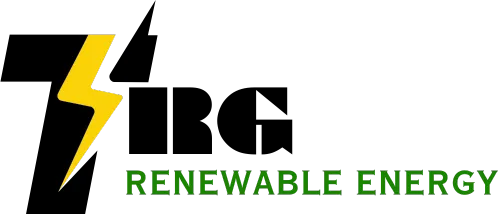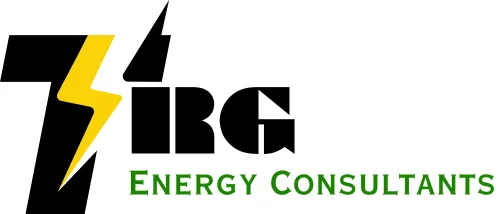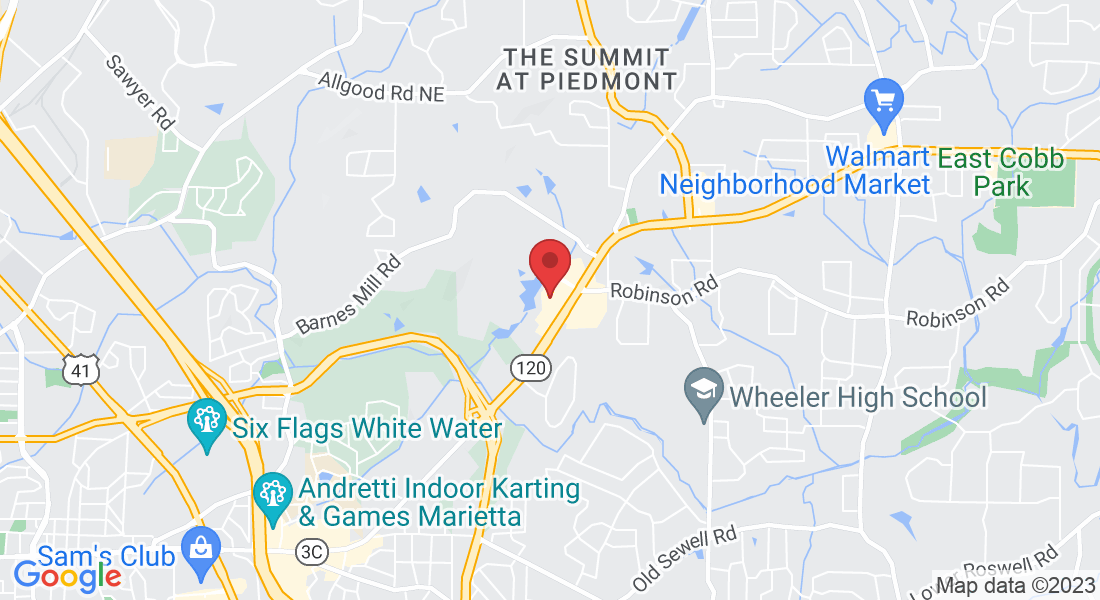Energy Deregulation
Webinars and Online Events
What is Energy Deregulation?
Energy deregulation, also known as energy choice or energy market liberalization, is the process of opening up the energy industry to competition by separating the supply of energy from its distribution. Traditionally, utility companies held a monopoly over both the generation and distribution of electricity and natural gas. However, deregulation introduces competition by allowing consumers to choose their energy supplier while the distribution infrastructure remains regulated.
Benefits of Energy Deregulation
Increased Consumer Choice: Deregulation empowers consumers to choose from multiple energy suppliers, promoting competition and encouraging companies to offer innovative products, services, and pricing options to attract customers. This freedom of choice allows consumers to select the energy plans that best suit their needs, whether it's based on renewable energy sources, price stability, or customer service.
Competitive Pricing: In a deregulated energy market, competition can drive prices down as suppliers vie for customers. With multiple energy providers, consumers can compare rates, plans, and contract terms to find the best deals and potentially lower their energy costs.
Customized Energy Solutions: Deregulation fosters innovation, enabling energy suppliers to offer a diverse range of products and services. This includes green energy options, such as solar or wind power, which allow environmentally conscious consumers to support renewable energy generation.
Enhanced Customer Service: Energy suppliers in a deregulated market must differentiate themselves by providing exceptional customer service to attract and retain customers. This competition incentivizes suppliers to offer responsive customer support, efficient billing systems, and transparent communication.
Energy Deregulated States
Several states in the United States have embraced energy deregulation, allowing consumers to reap the benefits of a competitive energy market. Here are some of the key states:
Texas: Texas is one of the largest deregulated energy markets in the country. Residents and businesses in Texas can choose from multiple retail electricity providers, compare rates, and select plans that align with their preferences.
New York: New York has implemented energy deregulation, providing consumers with the opportunity to choose their electricity and natural gas suppliers. The state promotes competition through its Retail Access Program, allowing residents and businesses to explore various energy options.
Illinois: Illinois offers energy deregulation for both electricity and natural gas, giving consumers the freedom to choose their energy supplier. The state actively promotes competition and offers resources to help consumers navigate the deregulated market.
Pennsylvania: Pennsylvania has embraced energy deregulation, offering consumers the ability to choose their electricity and natural gas suppliers. The state provides resources to educate consumers about their energy choices and offers a competitive marketplace.
Webinars and Online Events
Webinars and online events have become increasingly popular platforms for knowledge sharing, networking, and learning in the energy procurement and utilities sector. These events, organized by industry associations, consultancies, research organizations, and technology providers, offer valuable insights into current trends, innovative approaches, and emerging technologies. Here are further details on the significance of webinars and online events in the realm of energy procurement and utilities:
Expert Presentations: Webinars and online events feature expert presentations by industry thought leaders, researchers, consultants, and practitioners. These experts share their knowledge, experiences, and perspectives on a wide range of topics related to energy procurement strategies, utility operations, sustainability practices, regulatory developments, and technological advancements. Participants can benefit from their expertise and gain valuable insights that can inform their decision-making processes.
Current Trends and Best Practices: These events often focus on discussing current trends and best practices in energy procurement and utilities. They provide attendees with up-to-date information on market dynamics, policy changes, energy management strategies, cost-saving measures, and innovative approaches to optimize energy procurement and utility operations. Participants can gain practical guidance and learn from industry-leading practices.
Interactive Q&A Sessions: Webinars and online events typically include interactive question-and-answer sessions, enabling participants to engage directly with the presenters and panelists. This interactive format allows attendees to seek clarification, ask specific questions related to their organizations or projects, and receive expert insights tailored to their needs. The ability to engage in real-time discussions adds value to the learning experience.
Networking Opportunities: These events provide virtual networking opportunities, allowing participants to connect with industry peers, experts, and potential collaborators. Virtual networking sessions, breakout rooms, and discussion forums facilitate knowledge exchange, foster collaborations, and expand professional networks within the energy procurement and utilities community.
Access to Research and Case Studies: Webinars and online events often showcase research findings and real-world case studies that demonstrate successful energy procurement strategies, sustainability initiatives, and utility optimization projects. Participants can gain valuable insights into the application of innovative solutions, learn from practical examples, and identify potential approaches that align with their organizational goals.
No Cost Education: Many webinars and online events are offered at no cost, making them easily accessible to a broader audience. This allows professionals and organizations to access valuable industry insights and expert knowledge without financial barriers. It democratizes learning and enables individuals with diverse backgrounds and resources to benefit from the expertise shared in these events.
Flexibility and On-Demand Availability: Webinars and online events often provide flexibility in terms of scheduling and on-demand access. Some events offer recordings or make the content available for later viewing, allowing participants to access the sessions at their convenience. This flexibility enables individuals from different time zones and with busy schedules to engage with the content and learn at their own pace.
By actively participating in webinars and online events, professionals in energy procurement and utilities can stay updated with the latest industry trends, gain insights from experts, expand their networks, and discover innovative approaches to enhance their practices. These events provide a valuable platform for continuous learning, knowledge sharing, and professional development within the energy procurement and utilities field.


